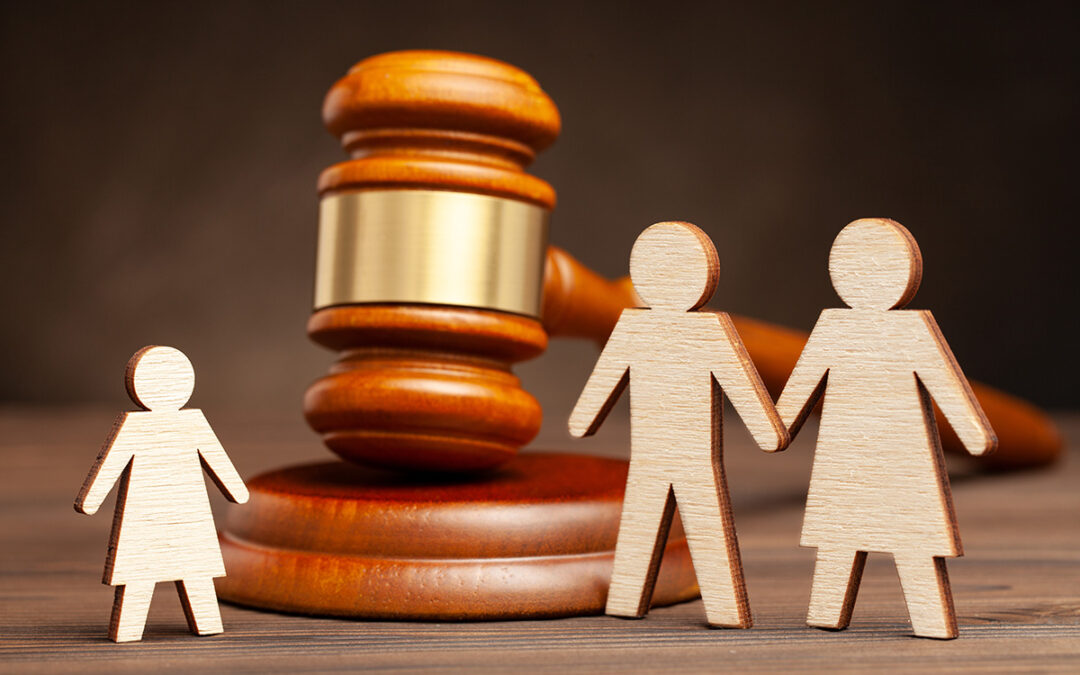Although most children in the U.S. are raised by at least one biological parent, many are raised by people other than their parents. One out of every 25 American children doesn’t live with either parent. Many of those children live in foster homes, but some live with legal guardians, which often includes close family friends or relatives.
Guardians are non-parent caretakers of children who have custodial rights over them and who have responsibility for and make decisions concerning their wellbeing. Although guardians may sound similar to foster parents or adoptive parents, there are a few key differences.
What Are the Differences Between Guardians and Foster Parents?
Although people who fall under both categories are responsible for the care of children, there are key differences. For example, foster parents:
Foster parents aren’t permanent—Foster care is typically temporary, although it can last for years. It can also end at any time, especially if a child is adopted, reunited with their parents, or is taken in by a legal guardian.
Foster parents are supervised via regular court hearings—Children in foster care are subject to bi-annual court hearings. Social workers visit foster homes to ensure children are being cared for, but guardians aren’t subject to this.
What Are the Differences Between Guardians and Adoptive Parents?
Guardians and adoptive parents also serve similar roles in the lives of the children they care for. However, just as with guardians and foster parents, there are key differences between these arrangements as well:
Adoptive parents gain full, exclusive parental rights—Although guardians can make many decisions about the lives of the children they care for, their biological parents still maintain their own rights. Adoptive parents, however, gain exclusive rights to making those decisions.
Guardianship can be terminated in certain cases—Although guardianship is more long-term and stable than foster care, it’s not always permanent. It can be ended via a court order, but adoptive parents have permanent custody over their adopted children.
Adoptive parents operate independently of the court system—Guardians don’t require regular social worker visits, but they are required to submit regular reports concerning the children under their care. Adoptive parents don’t have to do this and can raise their children as if they are their own.
Biological parents and relatives may be allowed to visit children under guardianship—Guardians must comply with all court orders, including those that rule their children can receive visits from their biological parents and other relatives. But adoptive parents aren’t required to allow their children to see their biological parents for any reason.
What Rights and Responsibilities Do Guardians Have?
People who are named legal guardians of children have the same rights and responsibilities as if they were their biological parents. That means they can decide where the children live, where they go to school, and what type of healthcare they receive, just to name a few.
They also must provide financial support to any children under their guardianship. Although this is often done via their own money or income, it also entitles guardians to seek assistance through welfare, Supplemental Security Income, Kinship Guardian Assistance Payment Program, and other resources.
Who Can Be a Legal Guardian?
Many people can apply for and receive the title of “legal guardian” of a child, including:
- Their grandparents
- Their siblings
- Their aunts and uncles
- Their other relatives
- Their foster parents
- Friends of their family
- Or anyone else involved in their life who has a vested interest in their care and wellbeing
Other requirements include being at least 18 years old, being someone other than the child’s parent, and being approved by the county child welfare agency or the juvenile probation department.
Steps to Become a Legal Guardian
Legal guardianship is awarded via the court system. If you want to become the legal guardian of a child, you need to petition the court to do so.
After expressing interest in becoming a guardian, you will be interviewed by a social worker at your home to ensure that you can provide a safe environment for the child.
Then, the social worker will write a report to the court concerning their assessment of your viability as a guardian. If you are recommended, a court hearing will be scheduled to finalize the decision. You should attend this hearing and speak to the judge and other relevant parties.
Once the court approves the guardianship, you’ll need to complete a few additional steps, including preparing Letters of Guardianship. Make copies of this form, as you’ll need it when you take your child to school, the doctor, the dentist, a therapist, or travel with your child.
When Does a Guardianship End?
Although guardianships have the potential to be permanent, they eventually end when children turn 18 years old. They can also end in other circumstances, including:
- The child dies
- The child is adopted by you or another adult
- The child is emancipated via marriage, active military duty, or obtaining a court order
Guardianships can also end when another person replaces the current guardian. This can occur when guardians request it, when other interested adults request to become a guardian, or when children ages 14 or older request it.
Note that unlike adoption, guardians lose all legal connection to children placed under their guardianship when they turn 18. That means that inheritance and estates can be affected unless the child is adopted prior to turning 18 years old.
Got Questions or Need Assistance with Guardianship? We’re Here to Help.
Guardianship can be complex for your family and a special child in your life. Our family law attorneys can help you navigate these difficult processes and get the best possible outcome. Call the Law Office of André J. Ausseresses, APC, today for a free initial legal guardianship consultation.
Free Initial Consultation
Helping you through family law matters such as divorce, domestic violence, legal guardianship, child support, child custody, visitation rights, alimony and more.
Serving all of Orange County, California.
Call: (949) 244-8871

